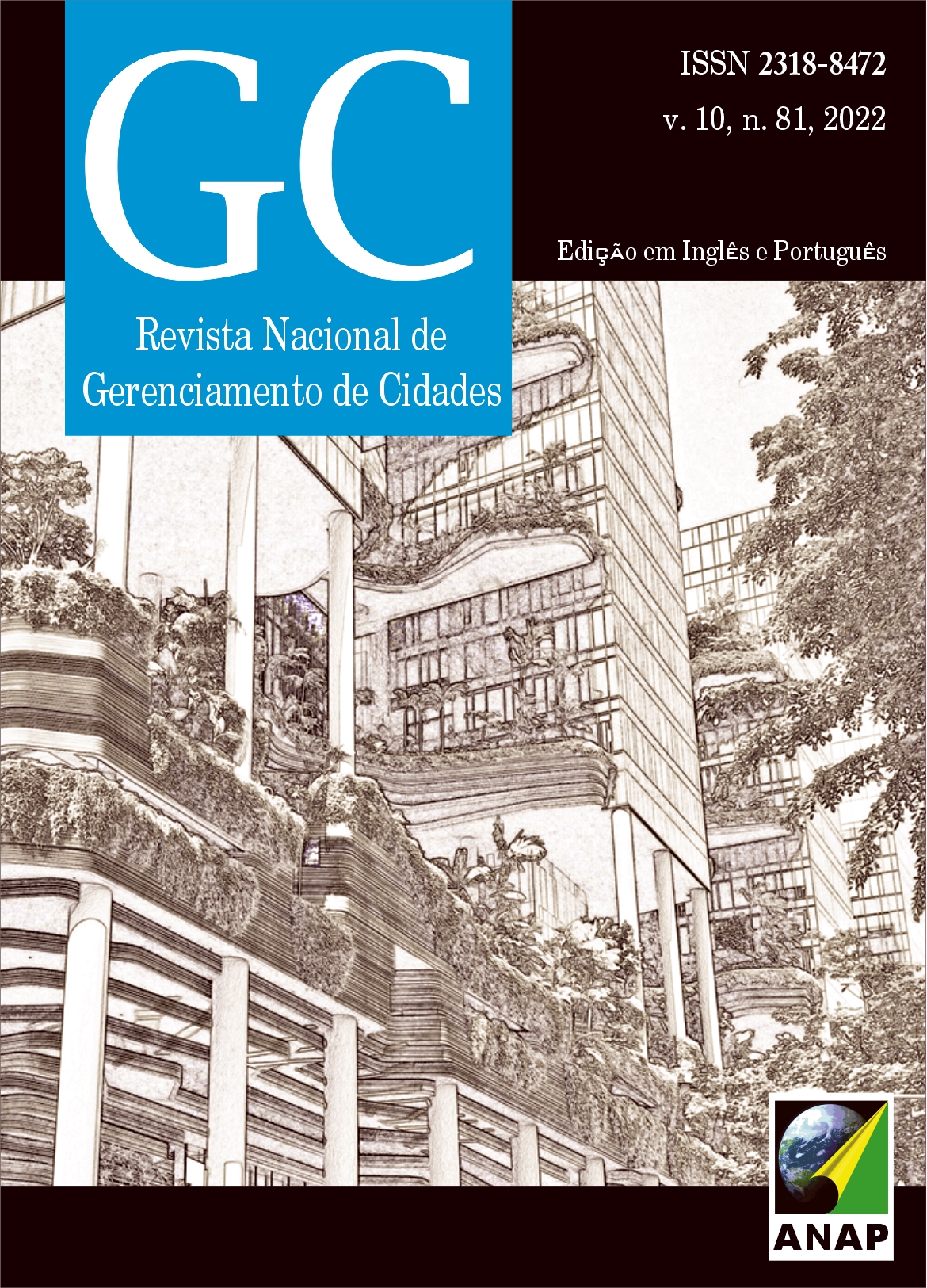Child leisure and public space occupation, mental health support tools amid the COVID-19 pandemic and possibilities for the city of São Paulo
DOI:
https://doi.org/10.17271/23188472108120223355Palavras-chave:
Public spaces; Child leisure; COVID -19.Resumo
Social distancing was considered the main strategy found to contain the spread of the Sars-Cov-2 virus around the world in 2020 and 2021. Much has been discussed regarding how this strategy directly impacted the routines, school performance and mental health of children. In this context, the purpose of this paper is to look at how public spaces offering temporary recreational uses in the city of São Paulo can contribute to the sociability of a generation of children which endured the quarantines prompted by the pandemic, as well as in any future periods in which social distancing may occur. The methodology consists of documental and programmatic analysis of a case study as per UN-HABITAT’s guidance regarding a COVID-19 urban response system. The “Paulista Aberta” program has been selected and reviewed, seeing as it saw the authorization of use of Paulista Avenue, one of São Paulo’s main avenues, as a temporary leisure space, even amid the easing of restriction measures. The relevant contribution of transitory leisure spaces to children’s routines was verified, in line with the existing adoption of temporary leisure uses of the spaces involved in the day-to-day of São Paulo’s population. Those results led us to conclude that temporary public spaces such as Paulista Avenue proved to be a child leisure facilitation tool as social distancing measures eased, seeing as such spaces amount to previously established temporary leisure hubs in the face of the spread of the Sars-Cov-2 virus.
Downloads
Referências
Publicado
Edição
Seção
Licença

Este trabalho está licenciado sob uma licença Creative Commons Attribution-NonCommercial-ShareAlike 4.0 International License.















